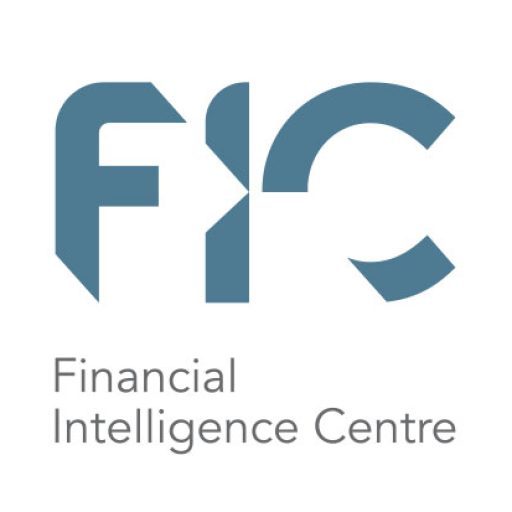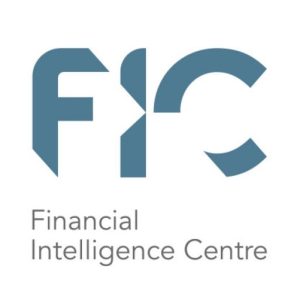11 October 2023: Legal practitioners, including certain advocates, are reminded to register with the Financial Intelligence Centre (FIC) and play their part in combating money laundering, terrorist financing and proliferation financing in South Africa.
Advocates who accept briefs directly from the public have been brought under the scope of the Financial Intelligence Centre Act (FIC Act) as accountable institutions and must fulfill certain regulatory obligations.
The requirement for designated advocates who practice with a fidelity fund certificate to register with the FIC follows an amendment to item 1 of Schedule 1 to the FIC Act which took effect on 19 December 2022. The changes to item 1 are technical in nature which take into account the repeal of the Attorneys Act and now includes advocates contemplated in section 34(2)(a)(ii) of the Legal Practice Act (LPA).
Legal practitioners listed in the FIC Act include legal practitioners who are practicing on their own account, commercial juristic entities, advocates who are in possession of a fidelity fund certificate and who take instructions directly from the public.
Legal practitioners that are employed by a commercial juristic entity, as contemplated in section 34(7) of the LPA, and are registered with the FIC, are not required to register separately with the FIC. Advocates who accept briefs from an attorney and who do not take instructions from the public or do not have a fidelity fund certificate are not required to register with the FIC.
How can legal practitioners assist in combating financial crime?
The FIC Act requires that accountable institutions, such as legal practitioners, file certain reports with the FIC. These include reports on suspicious and unusual transactions, cash transactions above the prescribed threshold, and where a client has been identified as a designated person on a targeted financial sanctions list.
The information contained in these regulatory reports assists the FIC in its development of financial intelligence which law enforcement, prosecutorial authorities and other competent authorities can use for their investigations, prosecutions and applications for asset forfeiture.
To identify reportable transactions, transaction monitoring is an essential element of South Africa’s anti-money laundering, counter terrorism financing and proliferation financing (AML, CTF and CPF) regime.
The first step before a legal practitioner can file a regulatory report is to register with the FIC. Registration is free and must be done via the FIC’s online registration and reporting system called goAML.
Why legal practitioners register with the FIC
Legal practitioners offer a variety of legal services to a diverse range of clients such as property conveyancing services, advising and creating of legal entities, including shell companies and trusts, and the holding of client funds in trust. These services may be of interest to criminals as they may enable them to transfer illicit proceeds obtained from criminal activities between parties and to obscure ownership.
Legal practitioners may be used to add the perception of respectability to their clients’ activities, e.g. financial institutions may ask fewer questions of the transaction or accounts due to the involvement of a legal practitioner acting on behalf of a client.
Once registered with the FIC, legal practitioners must conduct customer due diligence, record keeping, appoint a compliance officer who will ensure that the entity complies with its compliance obligations, develop and maintain a risk management and compliance programme (RMCP), and train employees on the FIC Act obligations and its RMCP.
Advocates with trust accounts may be vulnerable to abuse by criminals to disguise their illegitimate funds by opening trust accounts to facilitate money laundering.
Call to register with the FIC and submit risk and compliance returns
Legal practitioners are urged to register with the FIC without further delay, and file their risk and compliance returns in terms of FIC Directive 6 of 2023.
The risk and compliance returns enable the FIC to better assess the inherent money laundering, terrorist financing and proliferation financing risks an institution faces.
Legal practitioners can refer to PCC 47A which provides guidance on the interpretation of legal practitioners in terms of the FIC Act.







